Books I Love: The Culture Series
TL;DR: The Culture is a post-scarcity socialist utopia. Banks described them as “hippy commies with hyper-weapons and a deep distrust of both Marketolatry and Greedism.”
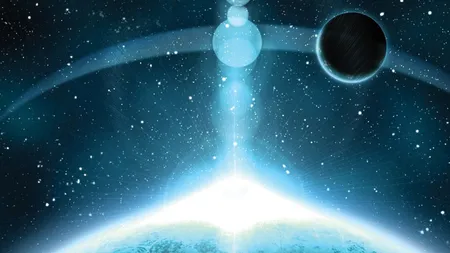
When I recommend Iain M. Banks’ Culture series to new readers, I struggle to describe it. The novels are non-sequential, and with rare exceptions, don’t share characters. As a result, it’s easier to describe the shared universe the stories are set in: a post-scarcity socialist utopia. I often describe it as a vision of the Federation from Star Trek that more profoundly describes a world where replicators have eliminated the need to work.
The Culture is hippy commies with hyper-weapons and a deep distrust of both Marketolatry and Greedism.
While it’s true that the Culture as a whole is composed of hedonistic gender-swapping drug users who highly value personal freedom, they are also generally well-adjusted people living long lives of privilege. And that doesn’t make for good reading. As a result, most of the books deal with an organization called Contact, and more specifically, a secretive branch of Contact called Special Circumstances.
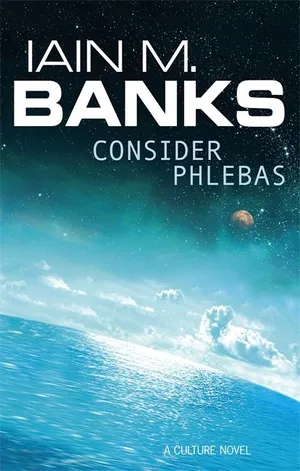
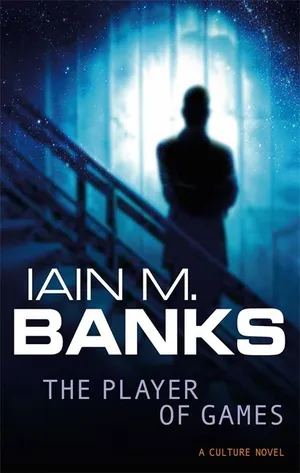
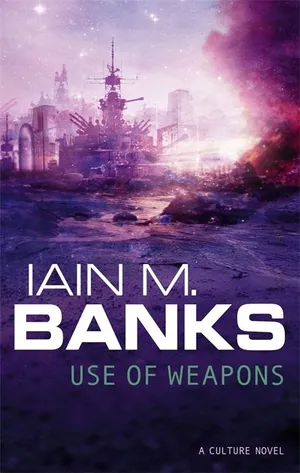
Contact is the part of the Culture concerned with discovering, cataloguing, investigating, evaluating and—if thought prudent—interacting with other civilisations.
Contact can be seen as broadly analogous to Starfleet. They operate large space vessels, explore the galaxy, and interact with non-Culture civilizations.
…in Special Circumstances we deal in the moral equivalent of black holes, where the normal laws—the rules of right and wrong that people imagine apply everywhere else in the universe—break down; beyond those metaphysical event-horizons, there exist… special circumstances. …That’s us. That’s our territory; our domain.
Special Circumstances, on the other hand, can be considered a sort of special forces or black ops unit within Contact. They deal with morally ambiguous situations like covertly steering a less-advanced civilization towards behaviors the Culture approves of. In other words, Special Circumstances is the complete opposite of Starfleet’s Prime Directive.
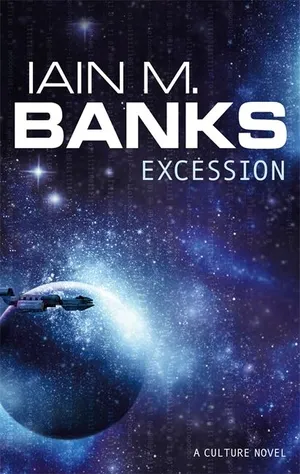
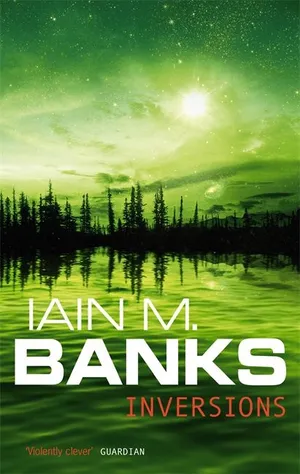

This is where most of the novels go play: the interaction between the Culture and others. None of them are alike, but they’re all broadly concerned with the borders and fringes of the Culture.
Consider Phlebas is told from the point of view of someone outside the Culture. Player of Games is about Special Circumstances recruiting the galaxy’s best gamer to deal with a society based entirely around a phenomenally complex board game. Surface Detail concerns the nature of hell(!). Hydrogen Sonata, written as Banks was dying, explores what it means for a civilization to sublime themselves to the next plane of existence.
In fact, the secretive nature of Special Circumstances and the different points of view Banks writes from has led to speculation that some of his other books may secretly be part of the Culture series!
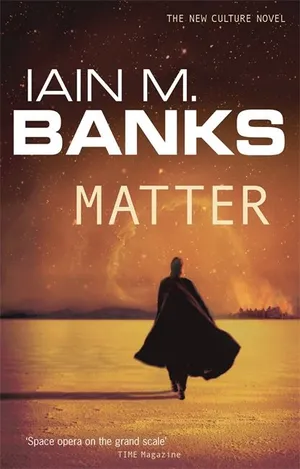
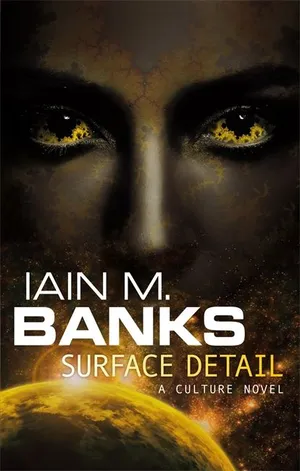
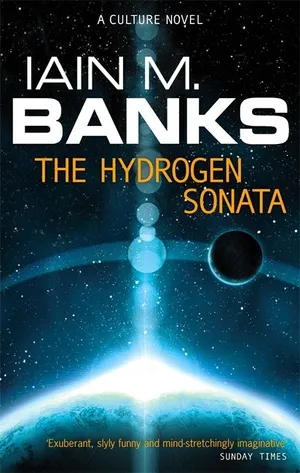
You can read the books in any order, but if you’re unsure where to start, I’d recommend Consider Phlebas or Player of Games. Both are approachable and fun, and neither expect you to know anything about the Culture series going in.
It’s impossible to summarize these books as a whole. Some are action-packed, some are philosophical, and some are classic space opera. I love them all, and I promise you’ll find something here to reward your attention.